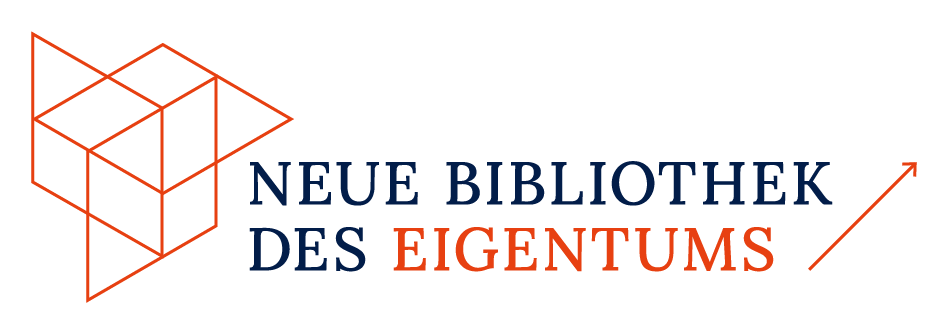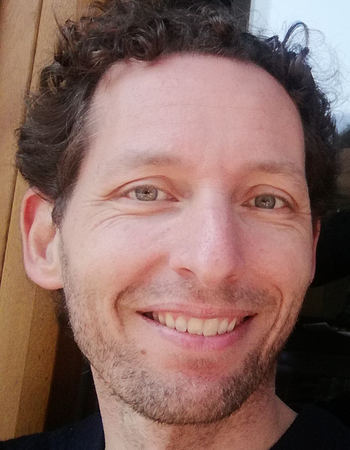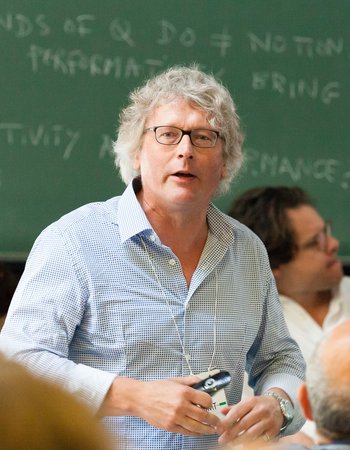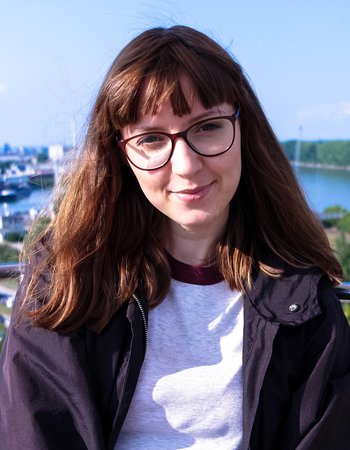Property at Universities: Germany, Brazil, England

Outline
Our project will address these questions through data analyses, reconstructions of institutional change, and case studies across three institutionally diverse higher education systems: Germany, primarily publicly funded and managed; the United Kingdom, characterized by operationally privatized but still publicly cross-subsidized institutions; and Brazil, where institutions are predominantly privately run and increasingly profit-driven.
By combining economic and sociological expertise, we aim to comparatively investigate institutional changes associated with "academic capitalism" beyond mere discourses and instruments. The project will continue previous research on intellectual property (Reitz) and ownership of public-interest organizations (Geppert), aiming to generate essential theoretical insights into structural transformations of ownership extending beyond higher education.
The decisive point here is that the goods produced by HEIs differ significantly from typical industrial capitalist commodities. Knowledge is a public good in multiple respects. Initially, it is non-rivalrous, as its use does not diminish availability, and it is challenging to maintain exclusive control over it. Even if not freely reproducible, teaching is often regarded as a public responsibility. In contrast, this aspect of academic work is hardly rationalizable, being irreducibly time-intensive; automation attempts often result in reduced quality and performance. A guiding assumption of our project is that these peculiarities generate many of the cost issues driving changes in academic ownership, from New Public Management to the influx of private investors. Yet, the practical implementation faces clear limitations: profits derived from non-rivalrous goods and non-rationalizable services remain inherently limited. Rather than focusing extensively on the well-researched new rules and media of internal academic competition (such as publication metrics, project funding, performance agreements, assessments, and rankings), our project will emphasize the actual economic conditions and effects of academic ownership structures.
Using selected HEIs from our example countries, our project examines three dimensions of this puzzle:
-
Who owns the universities, and what do universities own?
-
Who owns academic research results?
-
When, how, and with what consequences do teaching and academic qualifications become commodified?
Question 1 specifically addresses whether a clear trend towards increased private ownership of HEIs exists and explores potential causes and limits. Question 2 analyzes the complex relationship between universities' or researchers' profit strategies and industry-oriented research funding policies. Question 3 investigates the conditions under which costly degree programs whose credentials promise economic benefits can establish themselves as profitable business models and examines their socio-structural consequences.





